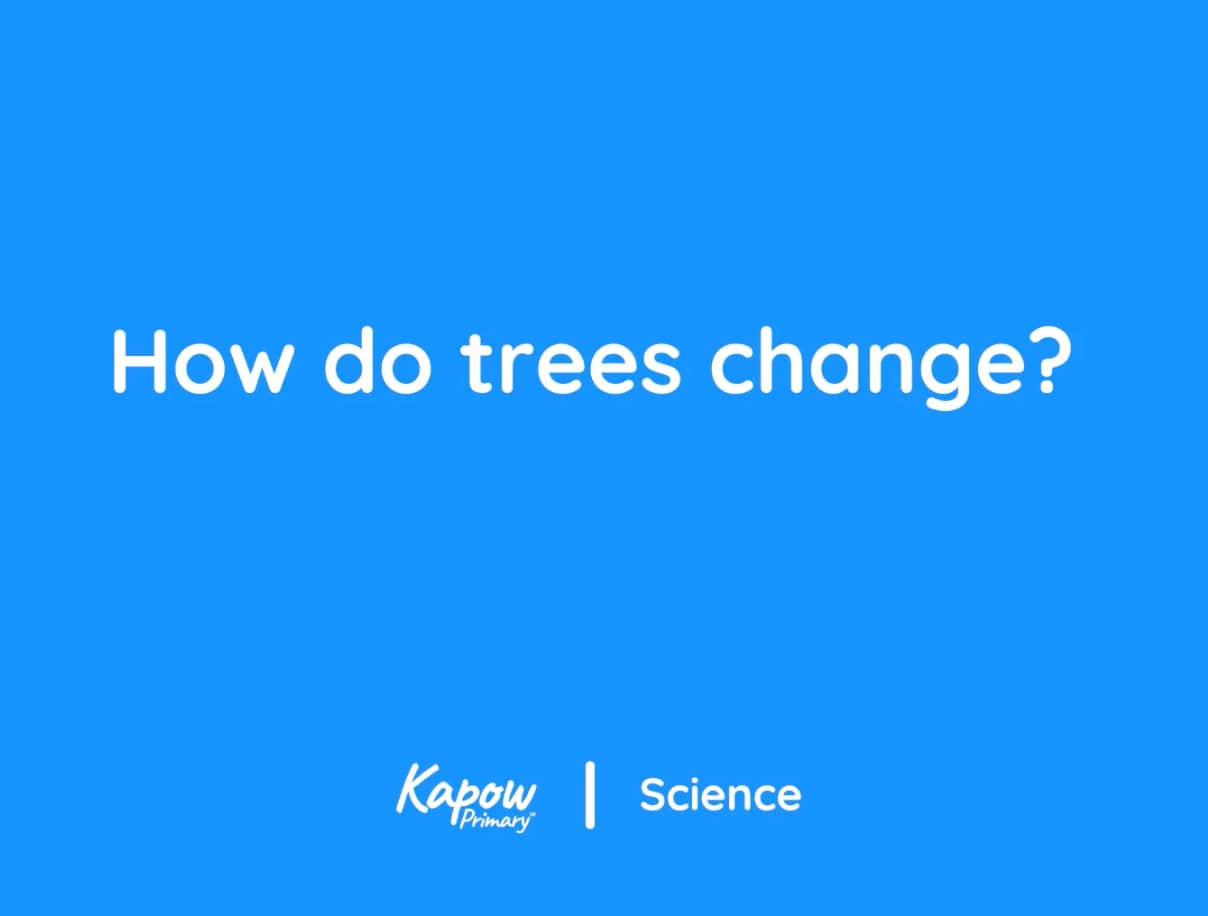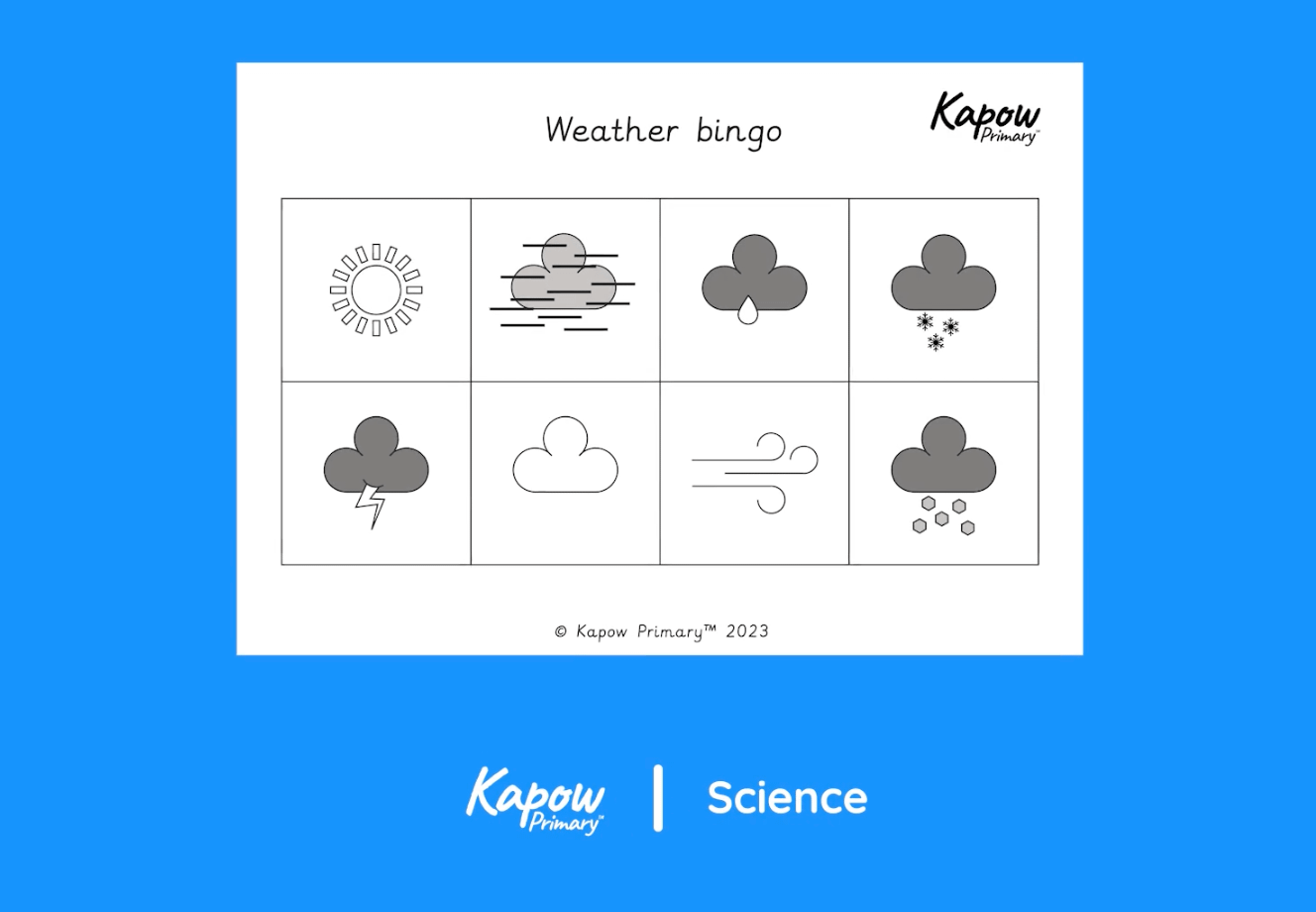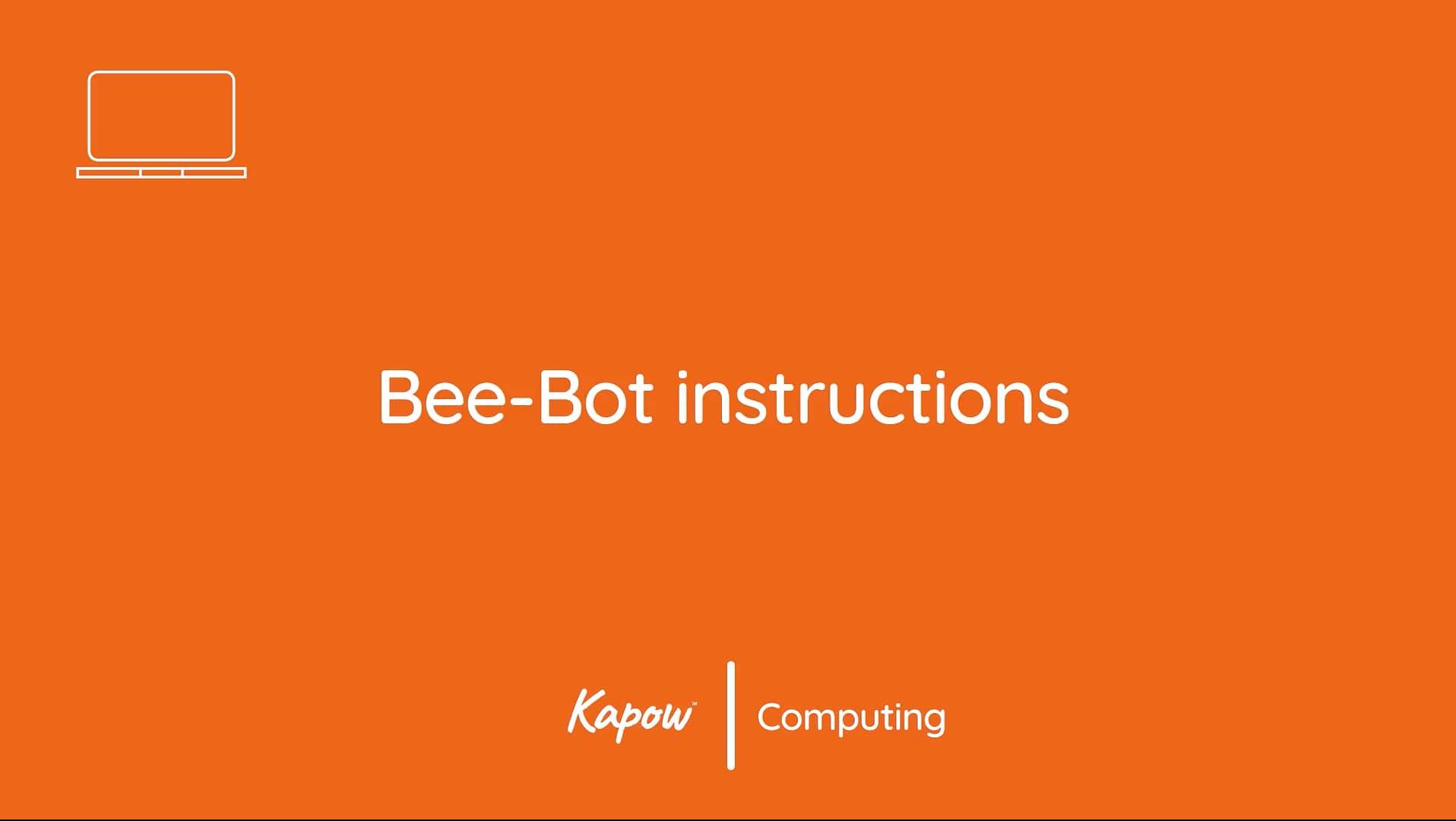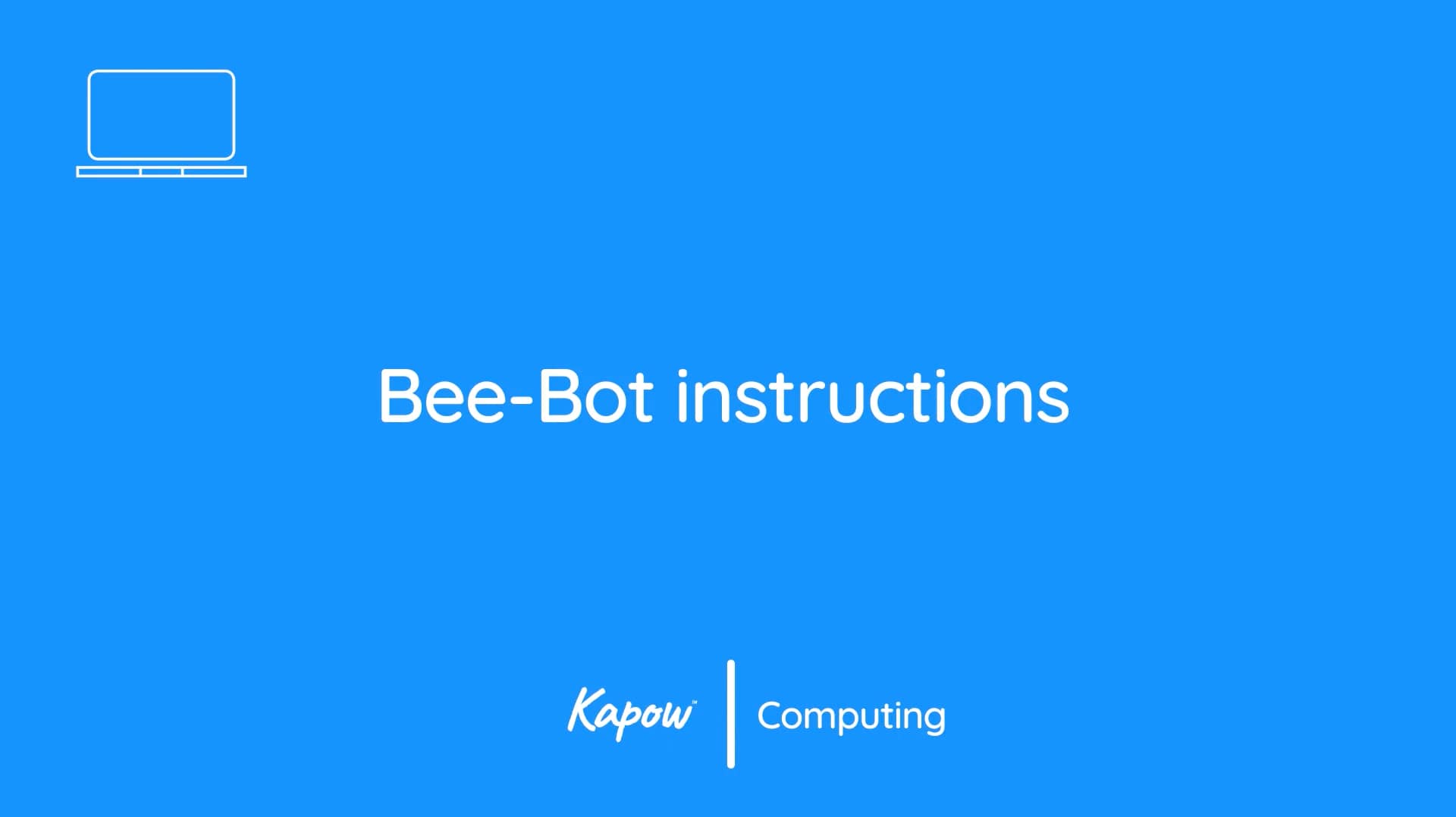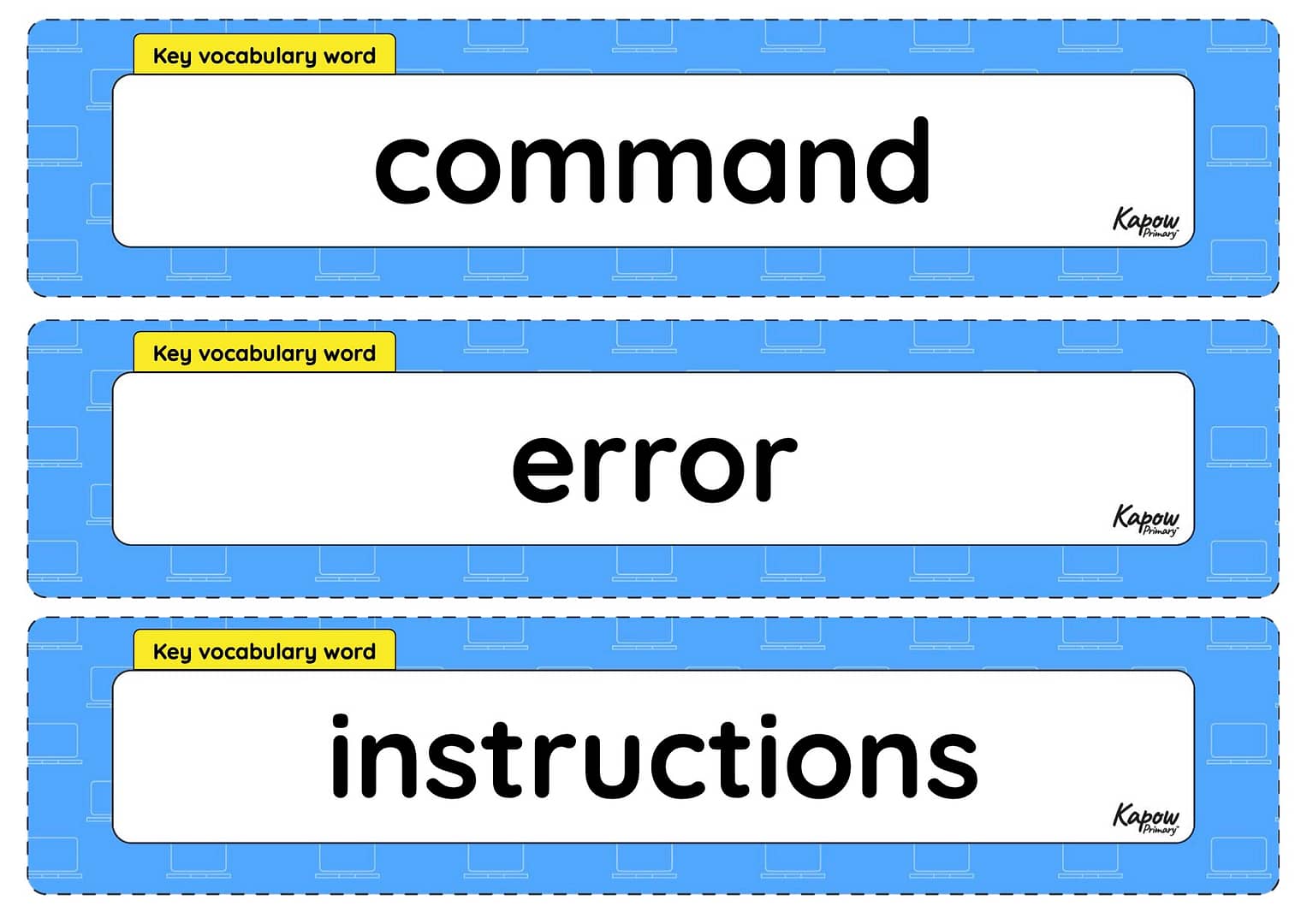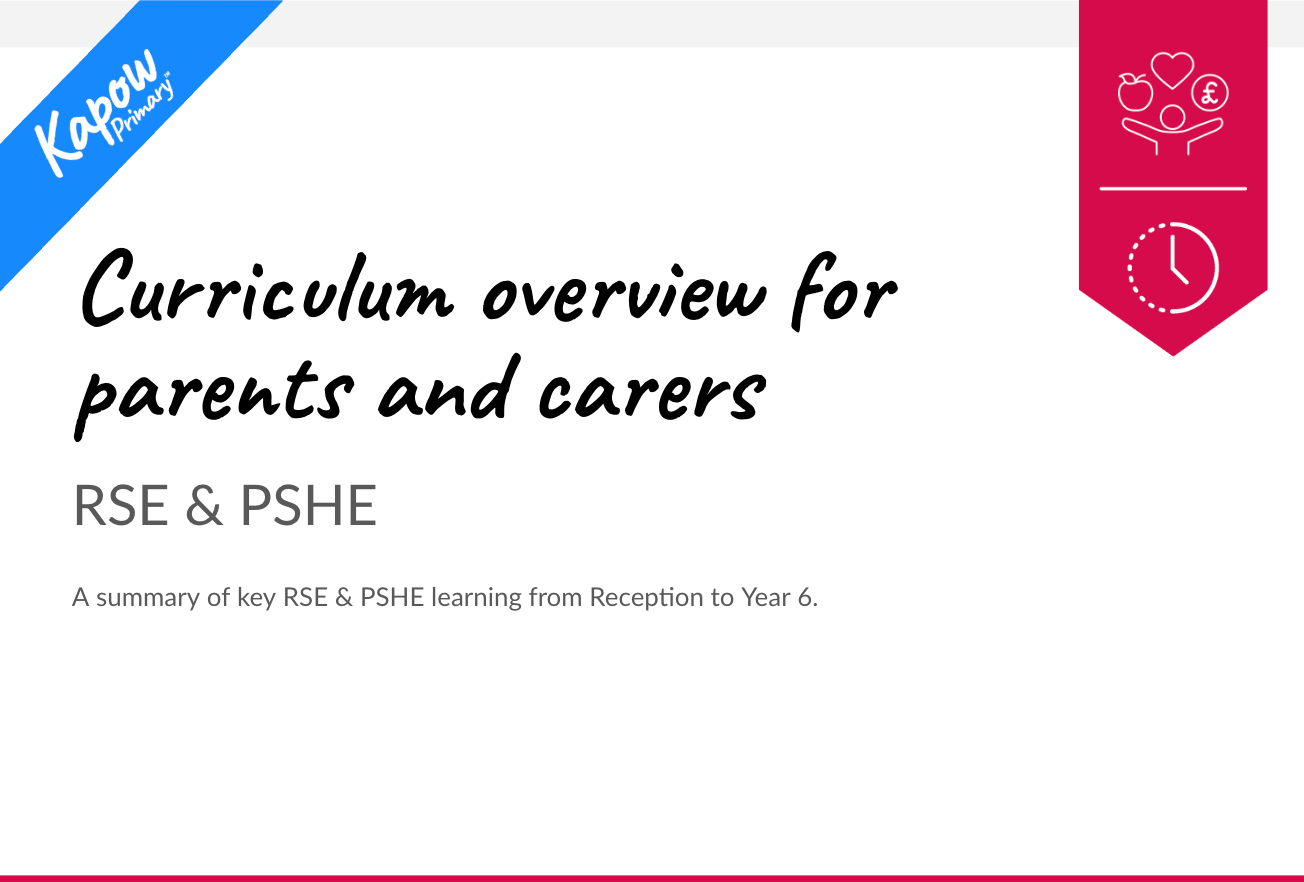year: Year 1
Pupil video: Wonderful weather
Teacher video: Scientific enquiry types
This Science video introduces teachers to the five main types of scientific inquiry and how they support pupils in developing the skills to ask and answer questions about the world around them. It explains how pupils can identify the most suitable approach for their question – whether sorting and classifying, observing over time, pattern seeking, carrying out a comparative or fair test, or researching using secondary sources – and how these methods build confidence in scientific thinking.
Pupil video: Digital Bee-Bot instructions
This video teaches pupils how to use the digital Bee-Bot emulator by introducing basic programming commands, directional control and different mats to support fun, practical learning.
Teacher video: Digital Bee-Bot instructions
This video introduces the basics of using a digital Bee-Bot emulator to give commands, create algorithms and develop early programming skills through engaging on-screen activities.
Knowledge organiser – Computing Y1: *New* Programming 2: Digital Bee-Bots
Vocabulary display – Computing Y1: *New* Programming 2: Digital Bee-Bots
Pupil video: Properties of materials
Materials can be described by their properties. Some are waterproof, meaning they stop water getting through.
RSE and PSHE Curriculum guide for parents and carers — condensed
Introducing the RSE and PSHE scheme of work
This downloadable guide is intended for parents and carers to understand what their children will learn each term by following the Kapow Primary condensed RSE and PSHE scheme of work.
The guide provides a summary of each unit within the RSE & PSHE scheme, outlining what children will learn in their lesson plans each term from EYFS (Reception) to Year 6.
Subscribing schools may share this guide on their websites or through other communication channels, ensuring parents and carers are well-informed about the R&W skills and knowledge their children will acquire throughout the school year.

